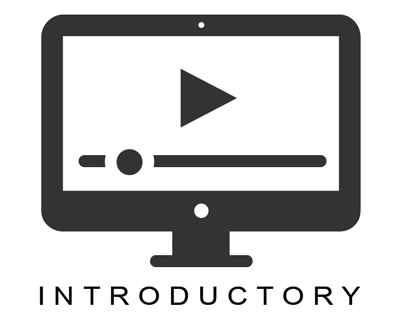This video discusses the tools that the Post-Landfill Action Network (PLAN) provides to those wanting to implement zero waste initiatives on their campus. Speakers: Kayla Conway Duration: 18 minutes Credits: 0.5 Member Price: $30.00 Non-Member Price: $52.50 Purchase Course Now
Category: Introductory
VIS.114-Regenerative Secrets-AC22.USCC
Regenerative Agriculture Principles work well regardless of the environment, the foods being grown or raised, and the climate under which they are raised. Direct experiences with farms in all major climate regions and in many different production focuses shows that tremendous resilience can be achieved through proper application of the Six Principles of Soil Health… Continue reading VIS.114-Regenerative Secrets-AC22.USCC
HEA.111-What Does Safety Look Like For You-AC22.USCC
A risk-free environment will never exist. Therefore, employees must be self-motivated to develop a “personal safety culture” to reduce accidents. Participants will learn: -If you notice a dangerous situation you need to fix it -That safety should be a 24 hour concern -Any small accident can affect your future Speakers: Chad Hymas Duration: 1 hours… Continue reading HEA.111-What Does Safety Look Like For You-AC22.USCC
VIS.113-Getting Consumers To Care About Composting-AC22.USCC
In the United States, over one-third of all available food goes uneaten through loss or waste. It is the single largest item in our everyday trash, and the largest item to go into municipal landfills. Consumers in their own homes make up the majority of food waste in America – more than grocery stores, restaurants, or… Continue reading VIS.113-Getting Consumers To Care About Composting-AC22.USCC
VIS.111-Closing Keynote with Dr Sally Brown, Revised Ranking: the True Value of Compost-AC20.USCC
Description coming soon Speakers: Sally Brown Duration: 18 minutes Credits: 0.5 Member Price: $30.00 Non-Member Price: $52.50 Purchase Course Now
VIS.110-Drawdown: The Hope for Compost-AC20.USCC
This video talks about Project Drawdown, the effort to not only reduce greenhouse gas emissions, but to reach a point in which the greenhouse gas levels in the atmosphere decline. Speakers: Katharine Wilkinson Duration: 43 minutes Credits: 1.0 Member Price: $60.00 Non-Member Price: $105.00 Purchase Course Now
POL.114-FSMA Produce Safety Rule and how it may affect the composting industry, Part 2: FSMA PSR requirements – Subpart F (BSAAO) and how the compost industry can support growers-AC21.USCC
We will summarize the FSMA Produce Safety Rule standards in Subpart F, the current FDA risk assessment associated with BSAAO, and associated research efforts. Commonly-used BSAAO will be discussed, including how these requirements may affect the compost industry. We will outline additional benefits and challenges of using treated BSAAO, and identify science-based management strategies to… Continue reading POL.114-FSMA Produce Safety Rule and how it may affect the composting industry, Part 2: FSMA PSR requirements – Subpart F (BSAAO) and how the compost industry can support growers-AC21.USCC
MAR.112-Product Development – Know your product, Know our Market, Expand your Sales-AC21.USCC
How to make more with what you got! Methods to successfully meeting market demands. Speakers: Shota Austin Duration: 12 minutes Credits: 0.5 Member Price: $30.00 Non-Member Price: $52.50 Purchase Course Now
FAC.111-Compost Operations Management – Fundamentals and Beyond-AC22.USCC
Managing an operation can mean many things, but managing a composting operation has some specific traits that should be considered among all operators in all situations. This presentation will address some serious blunders and some paths to success that may be useful to those managing, supporting, regulating, or working with a composting project. Whether a… Continue reading FAC.111-Compost Operations Management – Fundamentals and Beyond-AC22.USCC
USE.113-Paradigm shift: Changing Recommendations for Phosphorus Fertilization-AC22.USCC
Add more- that was the official extension recommendation for phosphorus fertilization for many decades. Phosphorus is tightly bound in most soils. This nutrient has a strong affinity for reactive groups on soil particles including iron, aluminum and calcium. In order to make sure plants had access to enough P, extension agents typically recommended applications well… Continue reading USE.113-Paradigm shift: Changing Recommendations for Phosphorus Fertilization-AC22.USCC
